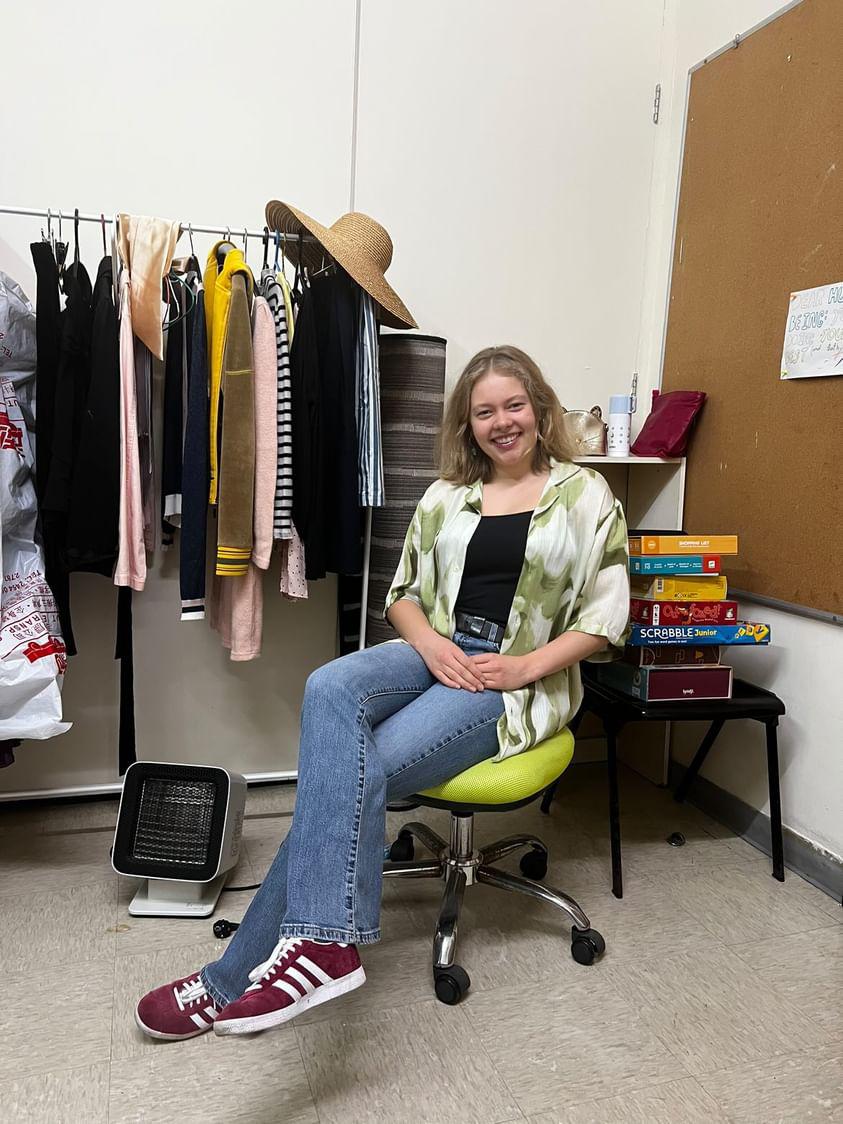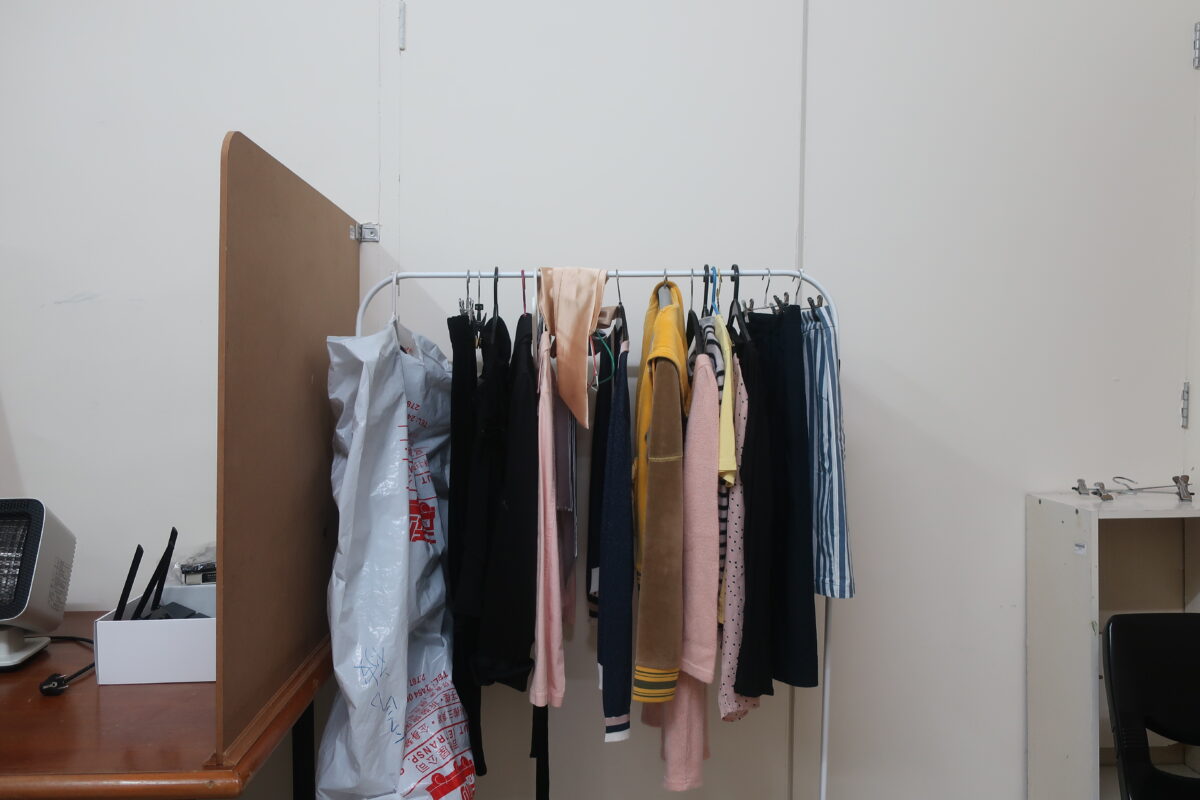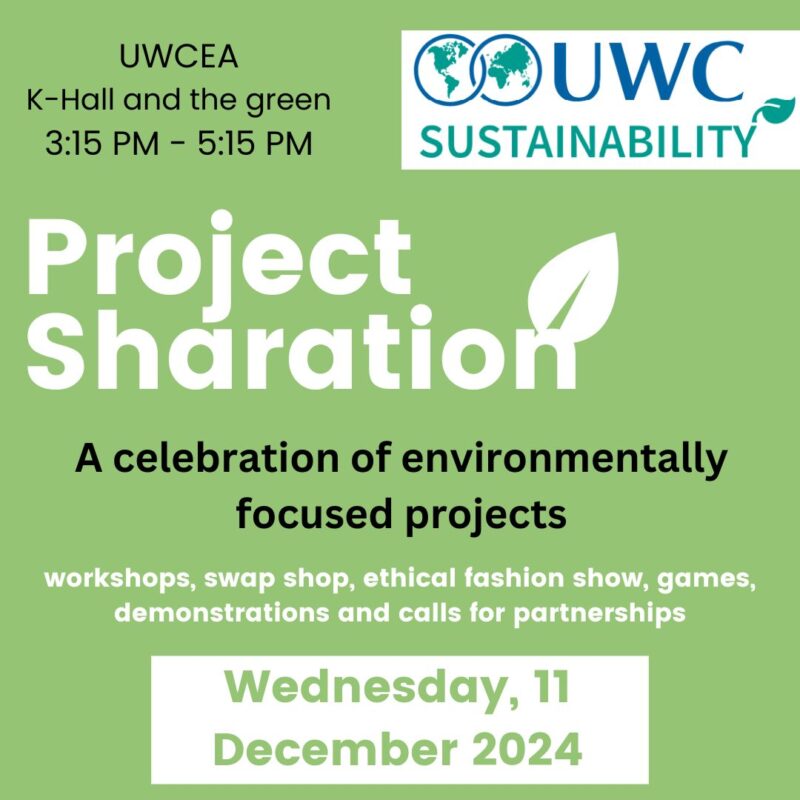Another Brick in the Walls of a Sustainable Future
Details

Sara Yding Lindquist
sara24@lpc.uwc.edu.hk / sarayding@gmail.com
_______________________________________
Reduce, reuse, recycle. We have all heard the three rs, the game rules of sustainability. It’s a tacky alliteration, reminding us of the small steps we should take every day towards a green existence. But are those three words enough? Do they possess the power to change the way we produce, consume, conserve?
At Li Po Chun United World College of Hong Kong (LPCUWC), situated in a city trying to fight landfill overfilling while throwing away 404 tonnes of textile waste a day, we have taken a step further to change the rules of that game.
In January 2024, we opened our very own Swap Shop, a manifestation of the three rs to promote sustainable consumer habits and normalise second-hand shopping.
At the beginning of every year, a fleamarket shapes itself at our campus so people, coming from near and far, can browse through items with which they can decorate their rooms. It serves as a connection between older generations of students, who left a piece of their college experience behind, and the anticipating new students, who could not fit everything into their suitcases. However, the renowned flea market has only one mark in the yearlong calendar, and as a consequence of the consumerist culture among people, the Sustainability Committee of LPCUWC decided to pave the way for a future in which fast fashion is not so fast anymore.
The Swap Shop is a room converted into an exchange station, where one man’s trash becomes another man’s gold. People may leave clothes, utilities, stationary, decorations, etc., that are only collecting dust in their corners and take what their heart desires. It also serves as a practice of lending and borrowing and ultimately educates about circular fashion, reducing one’s consumption, reusing what is still as good as new, and recycling items that are not yet ready to be thrown away.

The Swap Shop, contrary to the yearly flea market, is open every week and is designed as a self-serving shop where respect for materials, awareness of the circular economy, and practices of sustainability are fostered. This is done to advocate for the excitement of finding a unique item with its own history rather than impulsively spending money on plastic-wrapped products that only contribute to the growing mountains of waste in our landfills.
At LPCUWC, we believe that a house, a home, is not only constructed by the foundation. Yes, the three rs are important, since they serve as a clever way to encourage sustainable behaviour, yet the bricks that make the house rise are just as vital. Therefore, to build a livable home, a world in which everybody has equal rights and access to sustainable resources, we must lay brick after brick of ideas, implementations, and role models in order to finally have a house in which we can all live in harmony with each other and nature. That is why we have put another brick down. Our Swap Shop.

